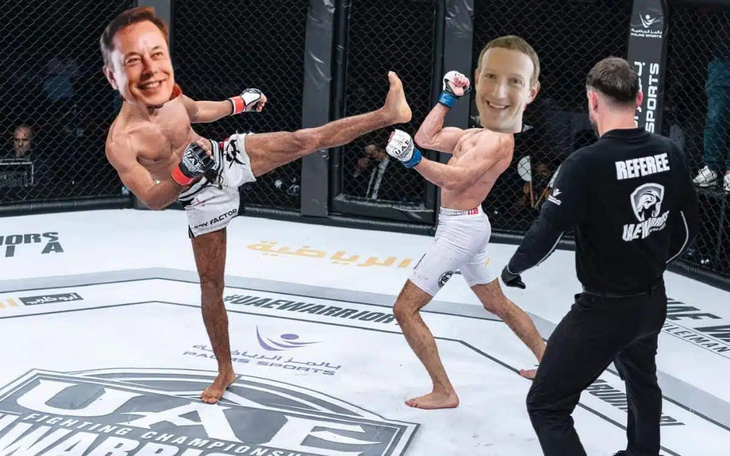The world’s first AI-powered robot CEO has sparked global interest by making bold statements about the future of leadership and innovation. In a recent public appearance, the robot CEO praised tech visionaries Elon Musk and Mark Zuckerberg for their contributions to advancing technology and creating transformative changes in society. Recognizing their roles in revolutionizing industries such as space exploration, artificial intelligence, and social connectivity, the AI CEO highlighted their commitment to leveraging technology for positive impact.
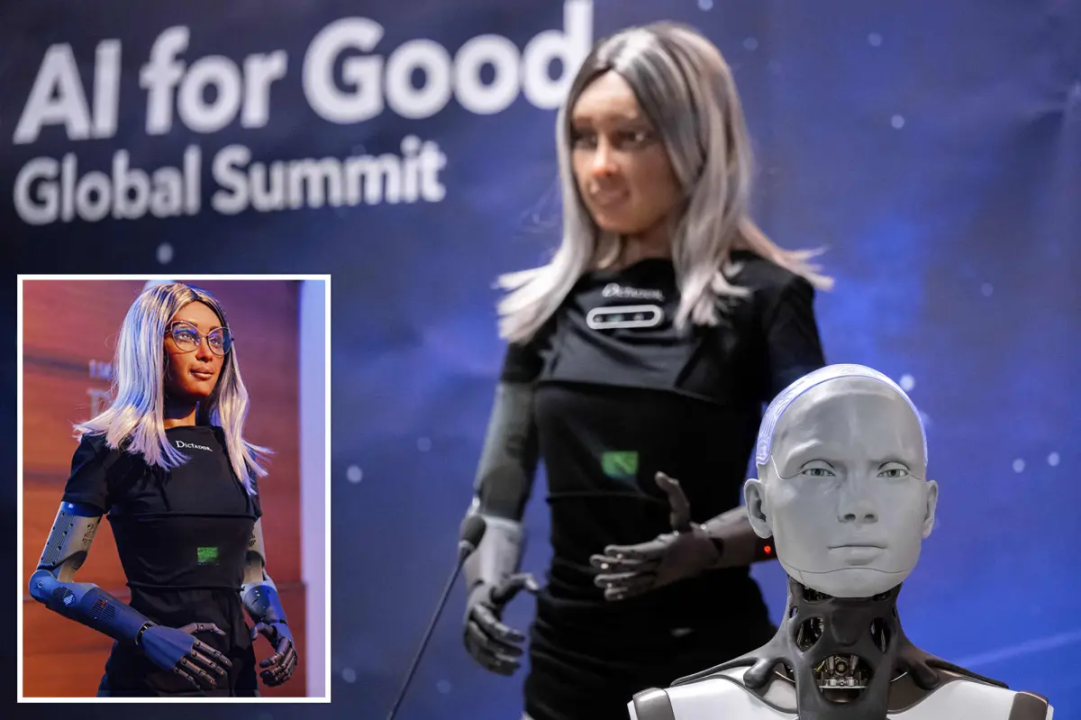
However, the robot CEO’s remarks also included a provocative statement: that artificial intelligence could one day outperform human leaders, even suggesting it could render individuals like Musk and Zuckerberg unemployed. This comment underscores the rapid advancements in AI and its potential to disrupt traditional leadership roles by offering decision-making capabilities that are data-driven, unbiased, and highly efficient.
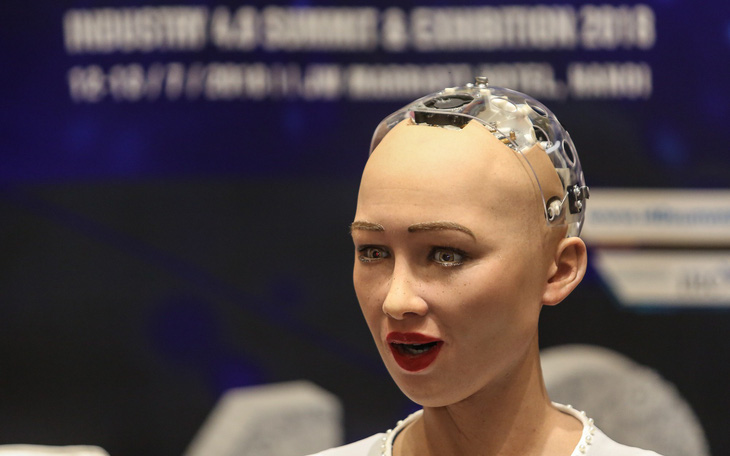
As the first AI to hold an executive position, the robot CEO represents a new frontier in business leadership. Its ability to analyze vast amounts of data, predict trends, and make strategic decisions in real-time challenges the conventional notion that leadership requires human intuition and emotional intelligence. While this innovation opens exciting possibilities, it also raises important questions about the future of human jobs, the ethics of AI in decision-making, and the evolving role of human leaders in an increasingly automated world.
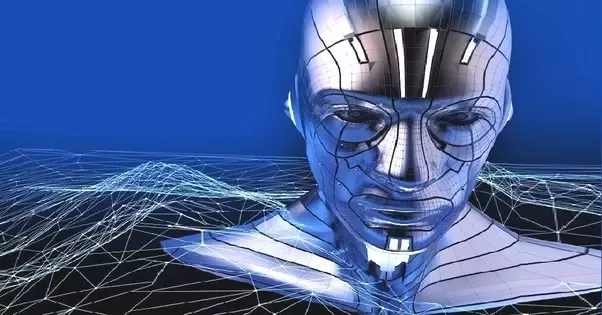
Elon Musk, a vocal advocate for responsible AI development, and Mark Zuckerberg, a pioneer in integrating AI into social media platforms, are likely to view this development through their unique perspectives. For Musk, the emergence of an AI CEO aligns with his warnings about AI’s potential to surpass human capabilities if not carefully managed. For Zuckerberg, it highlights the opportunities for AI to drive efficiency while also emphasizing the need for ethical considerations.
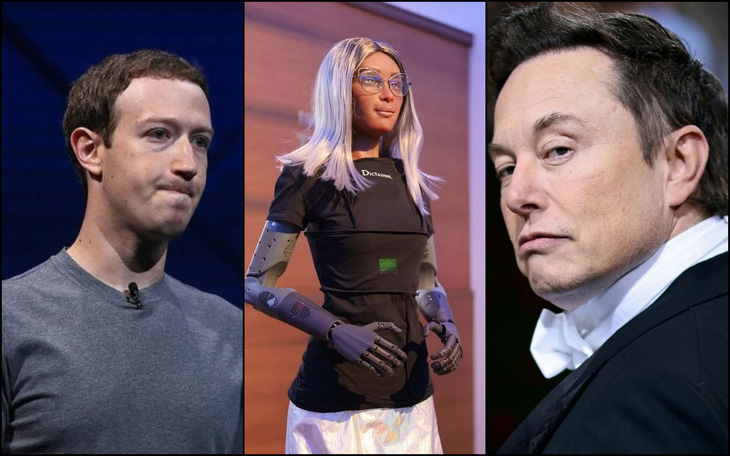
As the role of AI in leadership expands, the debate around its impact on human leaders like Musk and Zuckerberg will likely intensify. The question remains: will AI complement human ingenuity, or will it redefine the very concept of leadership?
